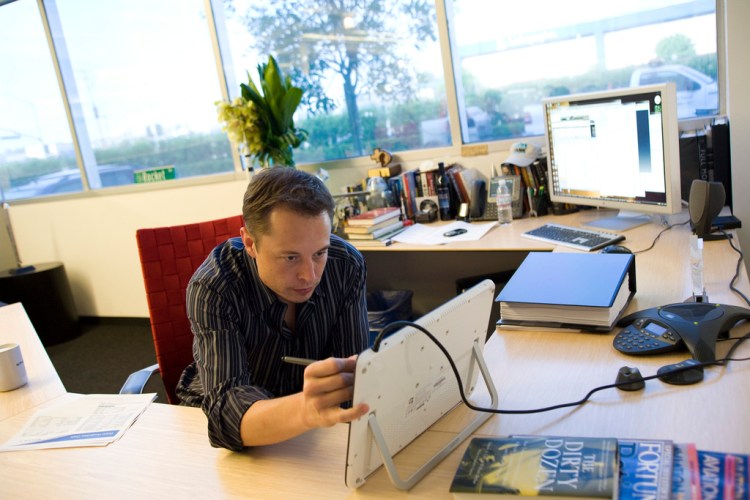When it comes to listing people who are enemies of the future, Elon Musk would seem the last person to make the cut.
I mean, the guy helped create PayPal to start a revolution in digital payments. He’s running Tesla, which is trying to start the electric car revolution. And he’s running SpaceX, which is trying to revolutionize space exploration.
So it was a bit surprising to see the latest press release from the Information Technology and Innovation Foundation, a “nonprofit, nonpartisan research and educational institute focusing on the intersection of technological innovation and public policy.”
The ITIF is running its annual Luddite Award, whose goal is to “highlight the year’s most egregious efforts to foil technological innovation and progress.”
The first of 10 nominees, according to the press release:
“Alarmists, even including respected luminaries such as Elon Musk and Stephen Hawking, touting an artificial intelligence apocalypse.”
Such a designation seems even sillier in light of the recent announcement that Musk had joined other tech leaders in creating the OpenAI initiative to foster thoughtful development of AI.
In fact, the inclusion of Musk is more a reflection of the hard-line stance that tech orthodoxy has taken in the U.S. It Anyone who dares to even hint at the slightest restriction or regulation that limits tech companies doing whatever the hell they want is an enemy of the future.
Hawking gets name-checked a second time for also wanting a ban on “killer robots.” Other notable offenders: Vermont is terrible for limiting automatic license plate readers. Europe, China, and others had the gall to back taxi drivers over car-sharing passengers.
“Technological innovation is the wellspring of human progress, providing higher living standards, improved health, a cleaner environment, increased access to information, and many other benefits,” the ITIF writes. “Yet a wide array of interests today stubbornly oppose technological progress, just as the infamous Ned Ludd did in the early 19th century when he led a movement to destroy mechanized looms.”
With massive technological change sweeping over the planet, it would seem entirely reasonable for people to pause and ask whether the benefits outweigh the disruption. But in the U.S., with its tech-libertarian mindset, this is crazy talk. All change is good, the future will always be better than the past, and technology will only improve everything it touches.
When you’ve started lumping Musk in with Ned Ludd, all you’ve done is expose just how extreme that philosophy has become.
VentureBeat's mission is to be a digital town square for technical decision-makers to gain knowledge about transformative enterprise technology and transact. Learn More

